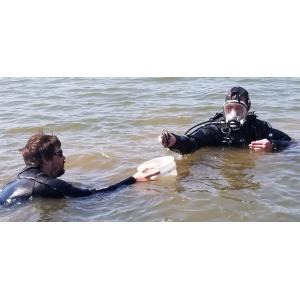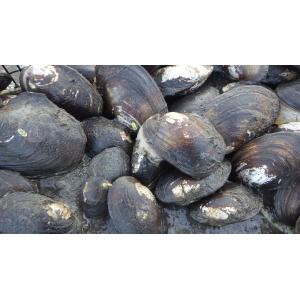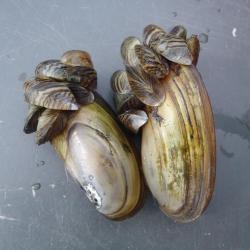Malacology
Malacology is the field of science which studies the molluscs (phylum Mollusca) which includes familiar groups of invertebrates (animals without a back bone) including snails and slugs, clams and mussels, squids, octopuses, scallops, oysters, and chitons. The molluscs are one of the most diverse groups of animals on our planet with over 100,000 known species (up to 200,000 more likely). They occur within almost every type of habitat, from the deep seas to dry deserts, as important members of the ecosystem. Most mollusc species secrete hard shells which are collected by beach combers worldwide. Historically, humans have used molluscs as food, material for weapons, money, religion, and jewelry.

Dr. Denise Mayer
Curator of Malacology, Director of Museum’s Field Research Laboratory (Cambridge) denise.mayer@nysed.gov
My research focuses on the exotic and native freshwater molluscs in New York.
News Articles
Science Tuesday: Malacology Fieldwork
Published July 27, 2021 | Malacology
Zebra and quagga mussels can be aggressive invaders of waterbodies and, when they reach high densities, can be devastating to native mussel populations (among other impacts). Many lakes and rivers that once supported abundant and diverse com...
Malacology & Partnerships in Science
Published July 31, 2020 | Malacology
Challenges in science often require solutions from across various disciplines and involve collaborations between diverse agencies. A recent agreement between the New York State Department of Environmental Conservation (NYSDEC) and Arconic to prote...






